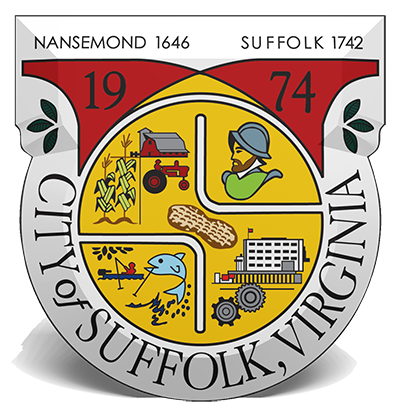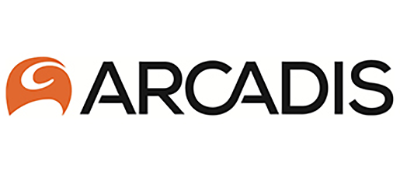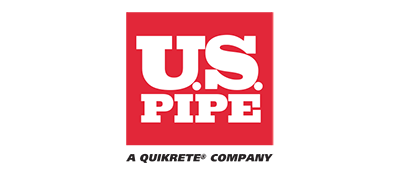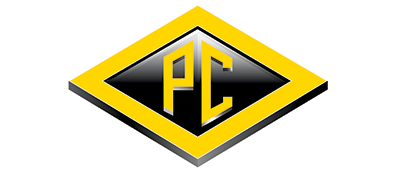
- The City of Suffolk is hiring for a new Utility Engineering Manager.
- Description
Under limited supervision, performs administrative and technical work supervising the activities of the engineering division of the Public Utilities Department. Work involves supervising subordinate engineering and inspection personnel, managing the design and construction of capital improvement projects, and developing and administering the engineering division operating budget. Employees are responsible for assisting in the development and management of the utility fund capital plans. Employee must exercise considerable initiative and independent judgment in all phases of work. Employee must also exercise tact, courtesy and firmness in frequent contact with property owners, developers, contractors and the general public. Reports to the Assistant Director of Public Utilities.
To perform this job successfully, an individual must be able to perform the essential job functions satisfactorily. Reasonable accommodations may be made to enable individuals with disabilities to perform the primary job functions herein described. Since every duty associated with this position may not be described herein, employees may be required to perform duties not specifically spelled out in the job description, but which may be reasonably considered to be incidental in the performing of their duties just as though they were actually written out in this job description.- Examples of Duties
- Directs, assigns, coordinates and supervises activities of subordinate engineering division personnel; hires and trains personnel; appraises subordinates' job performance. Conducts regularly scheduled engineering division staff meetings.
- Reviews and approves all division expenditures; prepares division budget; assist with departmental budget.
- Monitors all division activities and advises Assistant Director and Director of Public Utilities on same.
- Manages capital improvement projects and special projects as assigned by the Assistant Director; reviews capital improvement project design; reviews and recommends approval of change orders for design and construction; assists in the resolution of design and construction conflicts.
- Manages capital improvement project contracts; negotiates fees with consultants and contractors; reviews and recommends approval of contracts; coordinates the activities of consultants and contractors.
- Manages the department's water and sewer hydraulic models.
- Coordinates as needed with other department division heads and staff during project development and execution.
- Coordinates departmental capital projects' design and construction with other city departments and regulatory agencies.
- Negotiates easement acquisitions; reviews developer projects to ensure compliance; assists other departments in implementing capital improvements and master plans.
- Delivers briefings and public presentations to the City Council, community groups, organizations, etc.; represents the Department at various meetings and functions; prepares reports and recommendations for Director.
- Answers the telephone and takes messages as needed.
- Performs some clerical functions including filing, typing, faxing, copying, etc.
- Performs other related duties as required.
- Typical Qualifications
- Bachelor's degree in civil engineering, or a related field, and 6 to 9 years of experience in the design, construction or inspection, project management, and supervision; or any equivalent combination of training and experience which provides the required skills, knowledge and abilities. Previous experience with water and sewer utility design and construction preferred. Requires a valid driver's license.
Possession of a valid Professional Engineering license issued by the Commonwealth of Virginia or obtain one through reciprocity within six months of employment start date . - Supplemental Information
- Knowledge of engineering and construction practices, materials, and equipment. Knowledge of the various stages of construction and when violations and defects should be observed and corrected.
- Knowledge of engineering principles as applied to the design and construction of: sanitary sewer pumping stations, potable water pipelines, sanitary sewer gravity pipelines, sanitary sewer force mains, and related infrastructure.
- Knowledge of local construction codes and laws.
- Knowledge of the current literature, trends and developments in the field of utility engineering construction.
- Knowledge of the principles of supervision, organization and administration.
- Knowledge of the geographic layout of the City.
- Ability to plan, coordinate and supervise the work of subordinates.
- Ability to read and interpret plans and specifications accurately and make comparisons with construction in progress.
- Ability to express ideas effectively orally and in writing.
- Ability to exercise considerable tact, courtesy and firmness in frequent contact with property owners, developers, contractors, and the general public.
- Ability to establish and maintain effective working relationships as necessitated by work assignments.
- Ability to compare and/or judge the readily observable, functional, structural, or compositional characteristics (whether similar to or divergent from obvious standards) of data, people or things.
- Ability of speaking and/or signaling people to convey or exchange information. Includes giving instructions, assignments and/or directions to subordinates or assistants.
- Ability to read a variety of correspondence and reports, engineering/architectural drawings, electrical diagrams, balance sheets, diagnostic reports, inspection slips, blueprints, inspection requests, permits, bond estimates, etc.; to prepare correspondence and reports, forms, permits, activity logs, etc., using prescribed format.
- Ability to apply principles of logical or scientific thinking to define problems, collect data, establish facts, and draw valid conclusions; to deal with a variety of concrete variables and abstract variables; to interpret a variety of instruction furnished in written, oral, diagrammatic, or schedule form.
- Ability to record and deliver information, to explain procedures, to follow oral and written instructions.
- Ability to use and interpret building codes, engineering, mechanical and electrical terminology.
- Ability to utilize mathematical formulas; to add and subtract totals; to multiply and divide; to determine percentages and decimals; and to utilize basic systems of algebra, geometry and trigonometry.
- Ability to use practical applications of fractions, percentages, and ratio and proportion.
- Ability to inspect items for proper length, width and shape.













.png)



.png)

.png)
